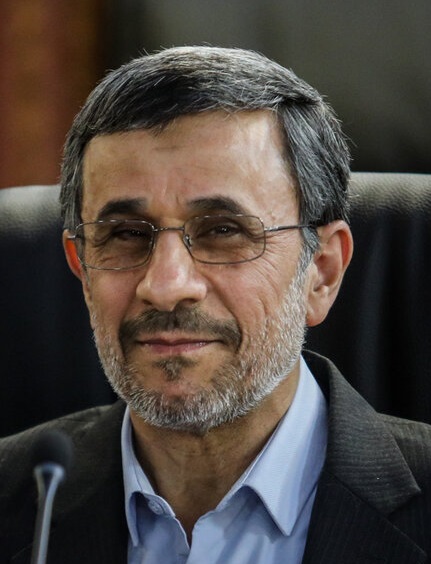
Introduction
The presidency of Iran plays a critical role in shaping both the domestic and international landscape of the nation. As the Islamic Republic navigates complex geopolitical issues, the actions and policies of its president scrutinize Iran’s influence on global affairs. Currently, President Ebrahim Raisi, who took office in August 2021, continues to draw attention due to his government’s approach towards economic challenges and strained relationships with Western nations.
Economic Challenges
Since taking office, President Raisi has been faced with significant economic hurdles, including high inflation, unemployment, and the fallout from U.S. sanctions. The Iranian economy has struggled to recover post-COVID-19, further complicating Raisi’s administration’s efforts to stabilize growth and improve living standards for ordinary citizens. As of October 2023, inflation rates in Iran have soared beyond 40%, leading to widespread public dissatisfaction and protests.
Foreign Policy and Nuclear Negotiations
On the foreign policy front, Raisi’s administration is working to revive the 2015 nuclear deal, formally known as the Joint Comprehensive Plan of Action (JCPOA). Recent talks have revealed a willingness from both Iran and the United States to re-engage in negotiations, although progress remains slow. The Raisi government faces pressure to secure a deal that would ease economic sanctions in exchange for curtails to Iran’s nuclear program. Concurrently, Raisi has sought to strengthen ties with regional partners, particularly with China and Russia, to bolster Iran’s position against Western pressures.
Social Issues and Public Sentiment
Socially, President Raisi’s tenure has not been without controversy. The public unrest sparked by economic grievances is compounded by demands for civil liberties and women’s rights, which were particularly amplified following the death of Mahsa Amini in police custody last year. The government’s response to these protests has drawn criticism from human rights organizations and further complicated Raisi’s leadership image. Many Iranians are calling for greater reform and responsiveness from their leadership, highlighting a disconnect between the government and the populace.
Conclusion
In summary, the presidency of Ebrahim Raisi in Iran is marked by significant challenges on multiple fronts, including economic crises, the complexities of international diplomacy, and rising domestic unrest. As his government approaches pivotal negotiations regarding the nuclear deal and attempts to address popular discontent, the implications of his presidency remain crucial not only for Iran but also for global geopolitical dynamics. Moving forward, observers will closely monitor how Raisi balances these pressing issues and what that means for Iran’s future on the world stage.



